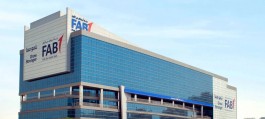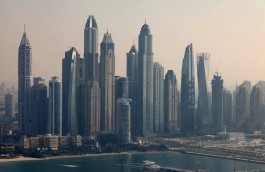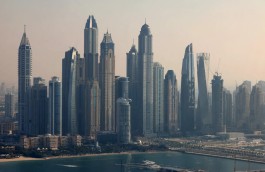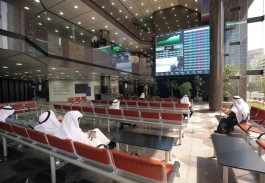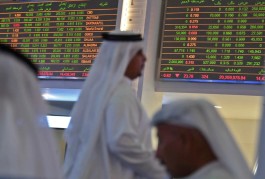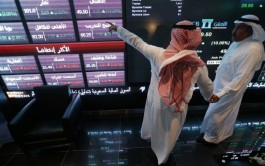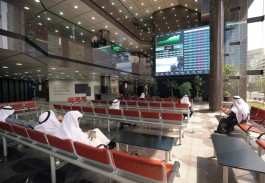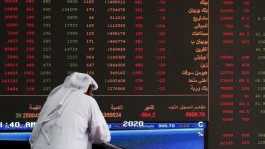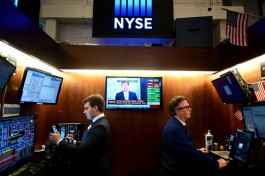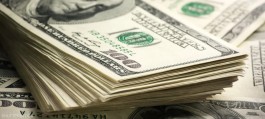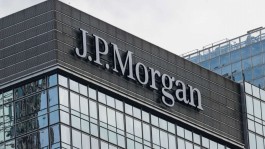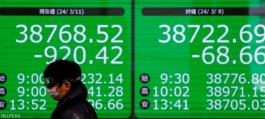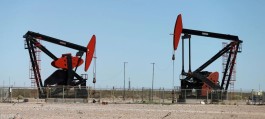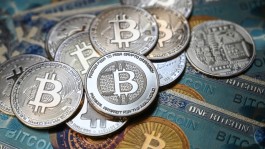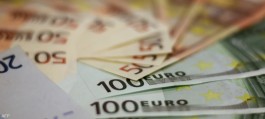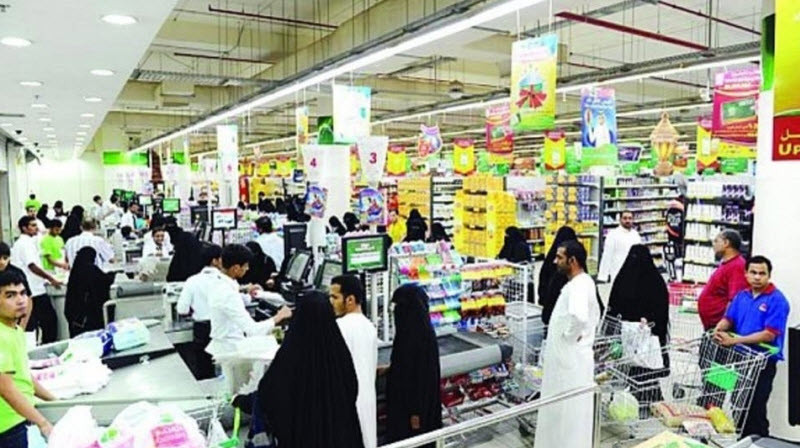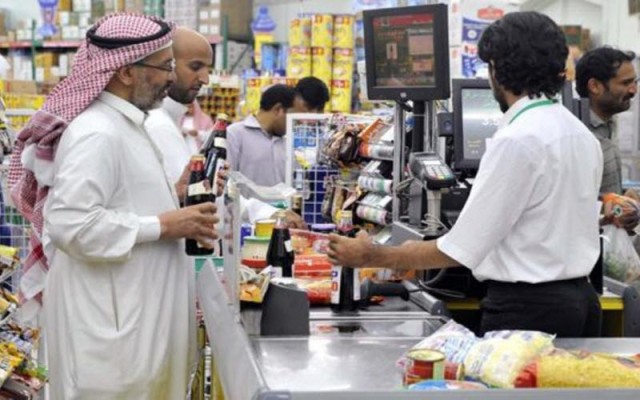The consumer price index in Saudi Arabia increased by 0.4% in January from a year earlier, which is the second month in a row that inflation has increased after spending most of the months Last year in negative values.
According to Reuters, data released by the General Authority for Statistics showed that the index rose by supporting increases in prices for restaurants, hotels, education and health care.
The prices of food and beverages, which make up approximately 20 percent of the index's components, increased 2.2 percent, while the prices of housing and utilities, which represent 25 percent, fell 3.3 percent, which implies a slower pace of contraction compared to previous months.
"This appears to be due to the beginning of the recent improvement in the real estate market, which is leading to a slowdown in the pace of rents falling," said Jason, chief economist of emerging markets at Capital Economics in a note.
Prices in Saudi Arabia fell last year after their rise in 2018 on the back of the implementation of value-added tax.
But economists say that increasing government spending and easing austerity measures has given a boost to economic activity, which has recently begun to translate into an increase in inflation.
Oil and gas revenues still dominate the economic resources of Saudi Arabia, despite the plans of Crown Prince Mohammed bin Salman to diversify them. Government estimates indicate that the economy achieved a slight growth of no more than 0.4 percent last year, mainly due to a slowdown in the oil sector.
He said inflation could increase this year after Saudi oil giant Aramco raised gasoline prices this month.
